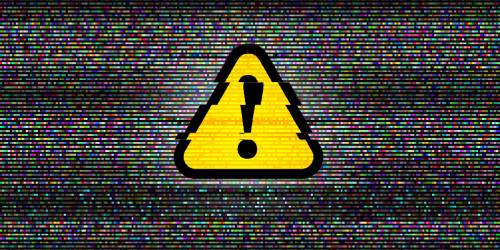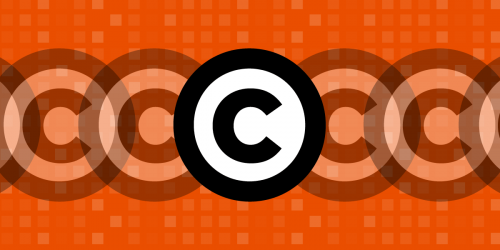In an important ruling handed down yesterday, a federal district court threw out a copyright infringement suit brought by adult video producer Io Group against Veoh, concluding that the video hosting site qualifies for the DMCA safe harbor. The ruling should be required reading for the executives of every "Web 2.0" business that relies on "user-generated content."
Veoh, like YouTube, is a streaming video site that hosts videos uploaded by users. Io Group sued Veoh in 2006 after finding clips from 10 of its copyrighted adult films on the Veoh site. So far, this is a familiar story -- user-generated content site gets sued by copyright owner for naughty uploading habits of users (see, e.g., lawsuits against MySpace, iMeem, YouTube, Redlasso, Hi5, Multiply, Stage6, MP3tunes, Scribd, Usenet.com, Bolt, and Grouper). But this is the first case to get to a final ruling, and it's a total victory for Veoh.
The key to Veoh's victory was its scrupulous attention to the DMCA safe harbors. Veoh responded to compliant DMCA takedown notices on a same-day basis, it notified users of its policies against copyright infringement, it registered a Copyright Agent with the Copyright Office, it terminated users who were repeat infringers and blocked new registrations from the same email addresses, it used hashes to stop the same infringing videos from being uploaded by other users. These efforts actually go beyond the requirements of the DMCA safe harbors, and made it clear that Veoh was serious about responding to copyright infringement notices.
This ruling provides valuable guidance to companies that host video, audio, and text files on behalf of users (see, e.g., Muxtape). Too many "Web 2.0" start-ups are careless about the requirements of the DMCA safe harbors. They don't register a Copyright Agent, or keep good records of their responses to takedown notices, or have a demonstrable policy of terminating "repeat infringers." Sure, doing this "compliance" work costs time and money. But, as the Veoh decision demonstrates, the payoff can be enormous, since copyright is almost certainly the biggest liability risk these sites face.
The ruling also debunks some of the favorite anti-safe harbor arguments bandied about by entertainment industry lawyers (and gives a boost to YouTube in its fight with Viacom). The court specifically rejects the argument that "transcoding" content to facilitate access disqualifies a service provider from the safe harbor (Veoh automatically transcodes uploaded videos into Flash). The ruling also joins other courts in concluding that, even if Veoh made money from advertising around the videos, it still qualifies for the safe harbor because it lacks the "right and ability to control" (see Section 512(c)(1)(B) of the Copyright Act) the infringing activities of its users.
While there are still plenty of unexplored legal questions surrounding the DMCA safe harbors, this ruling provides important practical guidance for companies that host user-uploaded content.








